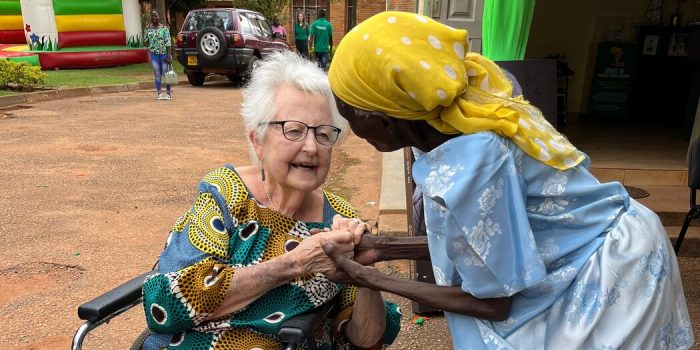A medical doctor and former nun, she found an affordable way to expand palliative care in the developing world, bringing pain relief to poor, terminally ill patients.
Working as a doctor in Singapore in the 1980s, Anne Merriman saw firsthand the agony that poor, terminally ill patients suffered after being released from the hospital. Treatment for pain, she discovered, was a matter of economic privilege, much like access to health care.
The cost of intravenous morphine was prohibitive for many of her patients. So she came up with an alternative: powdered morphine.
At her behest, a pharmacist at the National University of Singapore, where Dr. Merriman taught, developed a formula with just three ingredients: morphine powder, water and a preservative. The cost was a fraction of that of intravenous morphine. And the simplicity of the formula meant that, unlike medical cocktails containing sedatives and alcohol, it could be quickly adjusted and mixed for each patient to take home.
For Dr. Merriman, a former nun who would go on to expand palliative care in the developing world — introducing a replicable, culturally flexible model of hospice to Africa, treating nearly 40,000 patients and training some 10,000 medical professionals across 37 countries on the continent — that small innovation was, she later wrote, “a game changer.”
Dr. Merriman died on May 18 at her home in Kampala, Uganda. She was 90. The cause was respiratory failure, her cousin Chris Merriman said.













